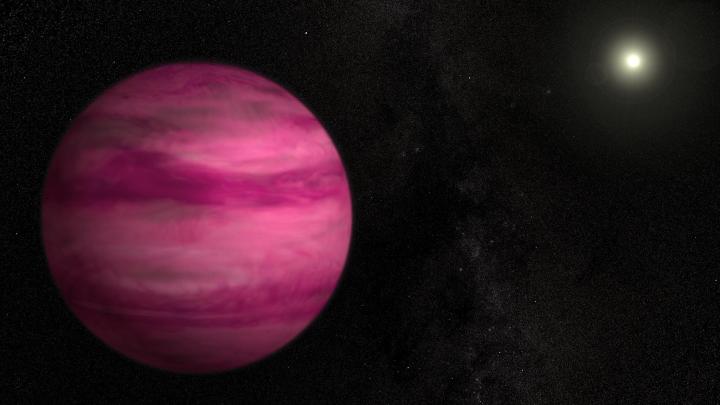
As part of the NameExoWorlds contest, participants will have the opportunity to vote on the preselected names of 15 stars and 32 planets outside our solar system, called exoplanets, each of which have been determined by the usual suspects — astronomy clubs or nonprofit organizations. So if your hope was to name a planet after yourself, you may be out of luck. Still, anyone is eligible to take part of the online vote, which is already more of a say than ever previously available.
And while the names are predetermined, a number of them are certainly fun, which could make for some pretty interesting voting. Many are derived from literature or pop culture, like “Cthunga,” which comes from a 2012 science fiction book written by Paul McAuley, or “Ninja.” This is the new name for the planet currently known as Fomalhaut b, and as the Astronomical Society of Western Australia wrote in their explanation of the naming scheme, “Planets in the Fomalhaut system feature in several sci-fi novels, as Fomalhaut has been a popular setting for authors. We hope that other planets will be found in this system, and that they too can be named following this sci-fi theme.”
Other options include Game of Throne characters, professional wrestlers, and zombies, and still others are entirely made up. As one anonymous group wrote of their choice, Gegalbis, “Our group has realized it would be a best option to create a random name with no meaning for both the star and the planet, remembering that each and every word in all languages were, in the beginning no more than a random sound to which was used to represent a concept.”
You can participate in the voting until Oct. 31, and it’s limited to one vote per planet. So choose wisely, earthlings. Your vote determines the fate (or at least the nomenclature) of the universe.


